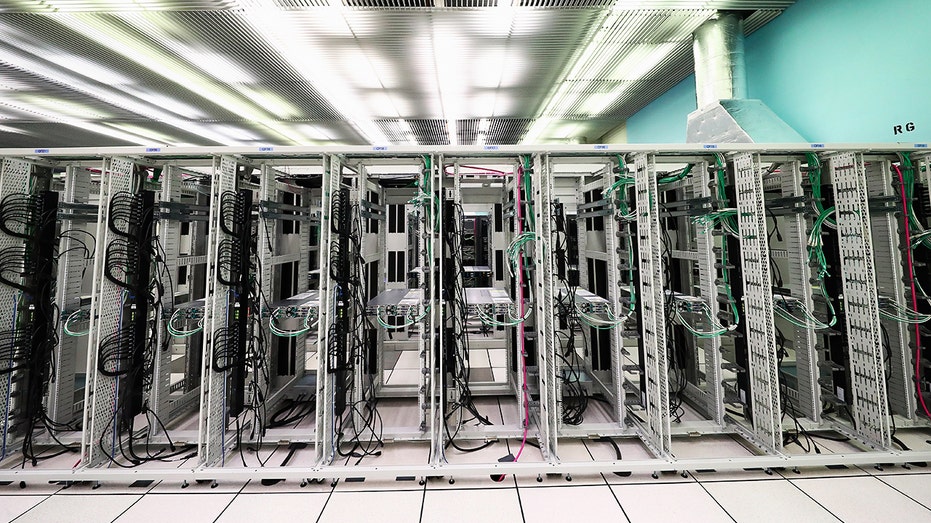UPDATE: The groundbreaking launch of NVIDIA’s powerful H100 GPU is set to transform computing as we know it. This supercomputer chip, vital for today’s cutting-edge artificial intelligence, will soon take flight aboard the Starcloud-1 satellite, promising to revolutionize data processing in space.
Just announced: Starcloud, a startup based in Redmond, Washington, aims to create the first orbital data centers, a move that could drastically reduce pollution and speed up global computing. As traditional data centers consume vast amounts of electricity and water, moving these operations into space could be a game-changer for our planet.
The Starcloud-1 satellite, comparable in size to a small refrigerator, is expected to launch imminently. Once in orbit, the H100 GPU will process critical satellite data to monitor wildfires, track agricultural crops, and improve weather forecasts—tasks that currently face significant delays when data is sent back to Earth for processing.
According to Philip Johnston, CEO of Starcloud, “The only environmental cost is the launch. After that, we could save ten times the carbon emissions compared with running data centers on Earth.” This statement underscores the urgent need for greener technology as we wrestle with climate change.
Why is this significant right now? Space-based data centers can harness abundant solar energy and benefit from natural cooling, vastly improving efficiency while cutting carbon emissions. As Johnston notes, “This is just the beginning.” Starcloud has plans for a massive five-gigawatt orbital data center that could be operational by the 2030s, effectively handling enormous AI workloads while slashing costs and emissions.
The potential benefits for consumers are enormous. If successful, this mission could lead to faster, more efficient cloud services—impacting everything from streaming platforms to AI applications. Additionally, these advancements could enhance disaster response times and save millions of gallons of water annually, contributing to a more sustainable digital future.
As the launch approaches, the tech community is buzzing with anticipation. This mission not only embodies innovation but also aligns with the pressing need for sustainability. The fusion of curiosity and environmental responsibility is paving the way for a cleaner, faster future in computing.
The implications of this mission extend beyond technology—it’s a vision of what could be a new era of data management that prioritizes sustainability. How do you feel about the prospect of data centers floating in space? Is it a thrilling innovation, or does it raise concerns?
Stay tuned for updates as this ambitious project unfolds. The future of computing is on the brink of a monumental shift, and you won’t want to miss it.
